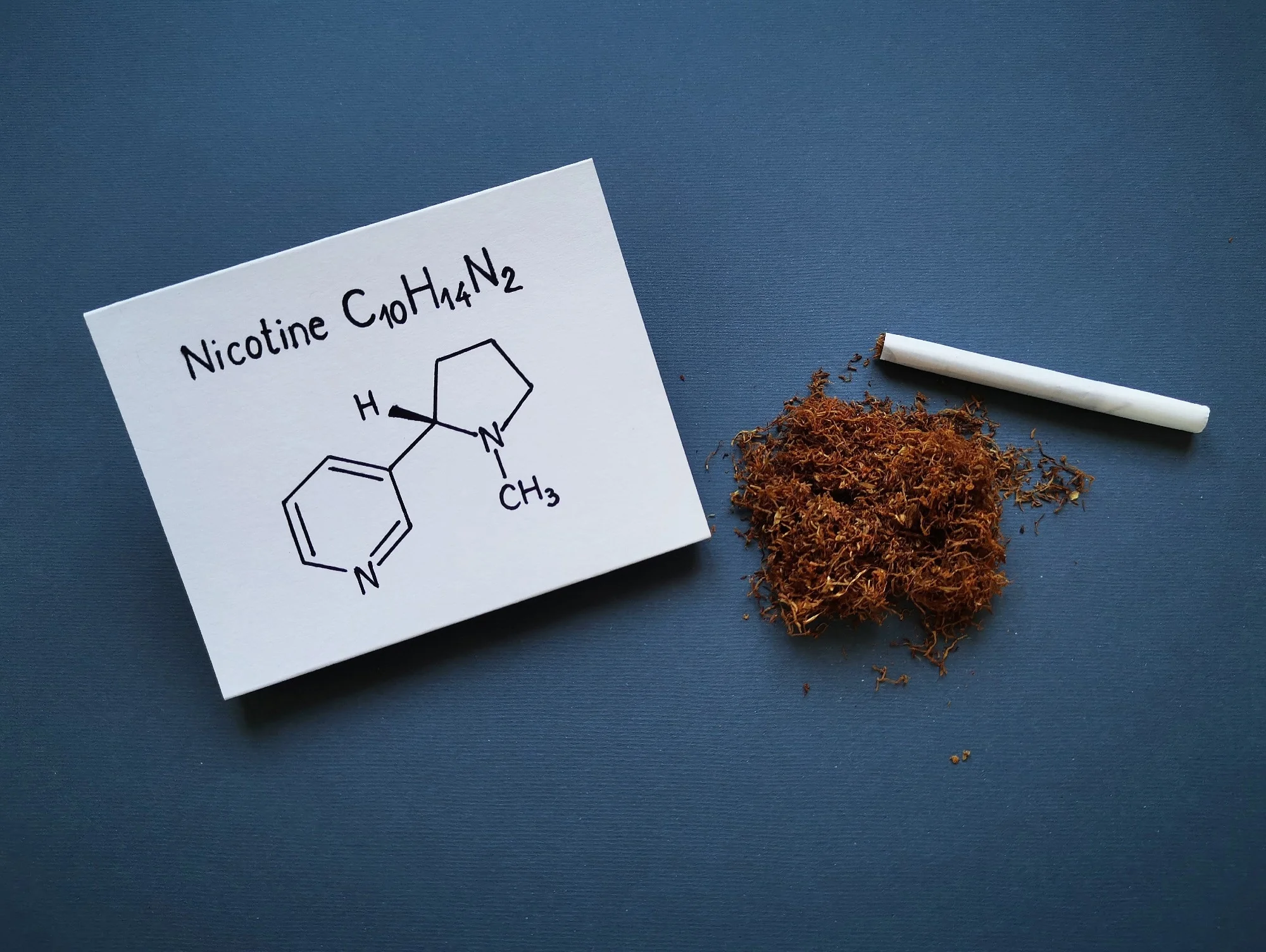Introduction
The intricate relationship between the gut microbiome and metabolic homeostasis has garnered significant attention in recent years. Numerous studies have highlighted the role of gut microbiota dysbiosis in the development of metabolic disorders, including type 2 diabetes mellitus. This study delves into the surprising impact of nicotine exposure on the host’s nutritional status, gut microbial metabolites, and overall metabolic homeostasis.

Nicotine and its Complex Effects
Cigarette smoking remains a major preventable factor contributing to various health issues, from cardiovascular problems to chronic obstructive pulmonary disease (COPD) and different forms of cancers. At the heart of tobacco’s effects is nicotine, the primary active ingredient. Nicotine absorption not only occurs through pulmonary alveoli but is also found in the skin and gastrointestinal tract, leading to a spectrum of both beneficial and detrimental outcomes.
Benefits of Nicotine:
- Regulation of energy intake through appetite modulation.
Detrimental Effects of Nicotine:
- Development of hepatic steatosis and cardiovascular diseases, as evidenced by previous studies.

Study Overview
This investigation aims to uncover how nicotine exposure influences metabolic regulatory mechanisms by inducing changes in gut microbial composition and their subsequent metabolic products. Utilizing a mouse model, the study carefully examines the impact of nicotine on mice subjected to both normal and high-fat diets.

Key Findings Explored in Detail
- Weight Regulation Mechanism:
- Nicotine administration significantly affects weight regulation, independent of changes in caloric intake.
- The study reveals a mechanistic link between nicotine-induced body weight suppression and specific gut bacteria, particularly Lactobacillus spp., synthesizing KetoB (linoleic acid) during high-fat diet (HFD) intake.
- Diet-Dependent Factors:
- Diet-dependent factors play a pivotal role in the observed weight loss triggered by nicotine treatment.
- The high-fat diet group exhibits a more pronounced reduction in body weight, indicating the influence of dietary conditions on the effectiveness of nicotine.

- Promotion of Lipolysis:
- Nicotine administration in high-fat diet-fed mice leads to an increase in plasma non-esterified fatty acids (NEFA), indicating the promotion of lipolysis.
- The study suggests that nicotine influences gut microbial sensitivity, particularly in the high-fat diet group.
- Microbial Depletion Model:
- Antibiotic-induced gut microbiota depletion in high-fat diet-fed mice confirms the crucial role of gut microbiota and their dietary fatty acid-derived metabolites in nicotine-induced body weight loss.
- Treated mice exhibit a significant reduction in caloric intake following nicotine administration.
Conclusions and Implications
This comprehensive study identifies Keto B as a key regulator of body weight loss associated with nicotine administration. It underscores the broad interplay between gut microbiota and smoking, impacting diverse metabolic conditions, including a reduction in body weight. The potential application of microbes in weight reduction is a notable implication arising from these findings.










